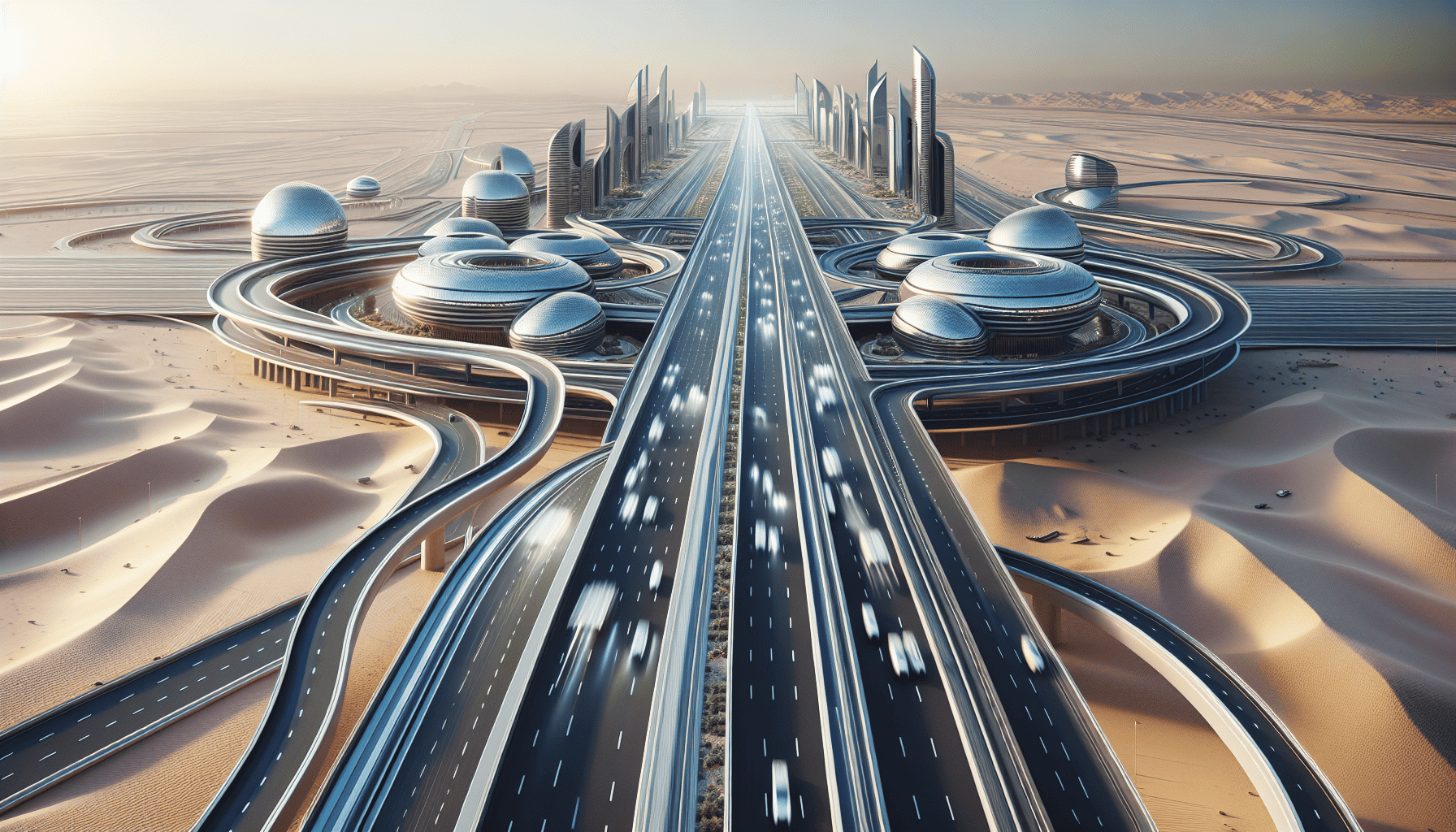The United Arab Emirates (UAE) has long been recognized for its ambitious and innovative approach to infrastructure development. With a rapidly growing population and a position as a major global hub, the country has made significant strides in transforming its road infrastructure to accommodate future demands. This evolution is not just about expanding existing networks but fundamentally rethinking how roads are developed and used.
Central to this transformation is the UAE's commitment to integrating cutting-edge technology and sustainable practices into its road planning and construction. The UAE government has embraced smart transportation systems, emphasizing the importance of digital technology to enhance traffic flow and safety. This includes the implementation of advanced traffic management systems, real-time monitoring of traffic conditions, and the development of autonomous vehicle technology.
Moreover, the UAE is investing heavily in electric vehicle (EV) infrastructure to complement its road development plans. Recognizing the global shift toward sustainable transportation, the nation aims to vastly increase the number of EV charging stations, thereby encouraging more residents and visitors to opt for eco-friendly vehicles. This shift is part of a broader strategy to reduce the nation’s carbon footprint and promote sustainable development across all sectors.
In addition to technology and sustainability, urban planning plays a critical role in the UAE’s road infrastructure transformation. The country is focused on creating integrated transport networks that connect different modes of transportation seamlessly. This includes efforts to enhance public transport systems to reduce road congestion and develop pedestrian-friendly environments. The introduction of dedicated cycling lanes and improved walkways highlights the UAE’s commitment to providing alternative, sustainable commuting options.
Notably, mega projects like the Etihad Rail, which promises to connect the major emirates, demonstrate the UAE's foresight in integrating rail and road systems for a more connected transportation network. This interoperability is expected to not only ease cargo transport but also offer convenient commuting options for residents and tourists alike.
Furthermore, the UAE is exploring innovative construction materials and methods to extend the lifespan of its roads and minimize maintenance. The use of recycled materials and smart concrete, which can repair itself, are among the solutions being evaluated. Such innovations not only promise long-term cost savings but align with the UAE’s sustainability goals.
What makes the UAE’s approach particularly interesting is its emphasis on collaboration and knowledge exchange. By partnering with international experts and firms, the UAE is ensuring that it remains at the forefront of global road technology and planning trends. Initiatives like the annual World Road Congress hosted in Abu Dhabi bring together industry leaders to share insights and developments, further propelling the nation’s ambitious plans.
In conclusion, the UAE's revolution in road infrastructure is a testament to its vision of a future that balances growth with sustainability. By harnessing technology, promoting eco-friendly transport, and fostering international collaboration, the UAE is setting a precedent for how modern road networks can adapt to the evolving demands of urban environments. This holistic approach not only addresses current transportation needs but also paves the way for a smarter, greener, and more efficient future.
